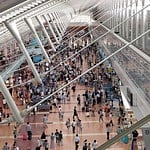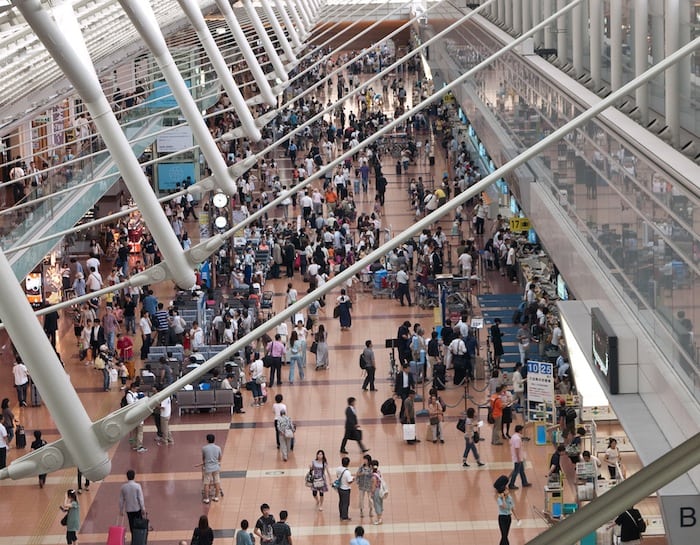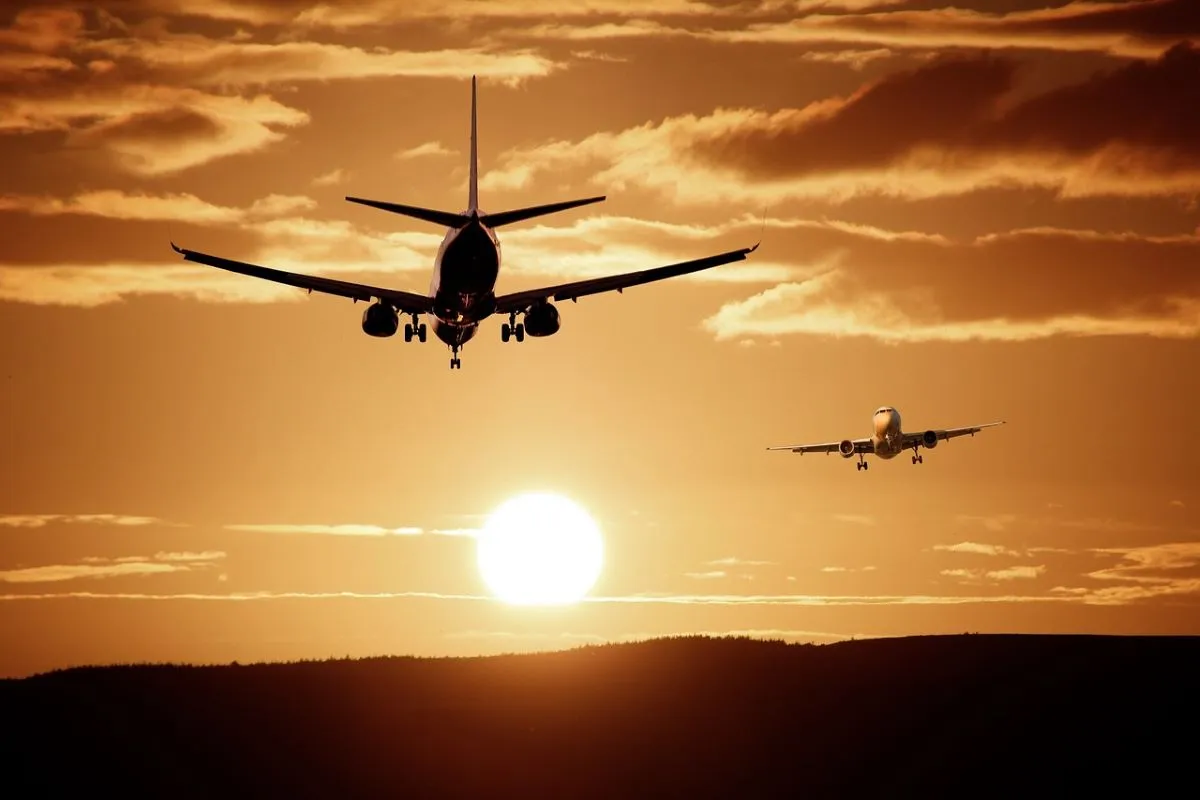How the leading airline group envisions the passenger experience of the future

Skift Take
IATA, the global airline trade association, described its vision of the airport and passenger experience of the future, with highlights including ubiquitous Wi-Fi at the airport, self-boarding gates, the ability to go through security without dumping liquids and removing jackets, and a new technology system to distribute airline products.
Tony Tyler, CEO of the International Air Transport Association, issued the manifesto in Abu Dhabi today at the World Passenger Symposium.
Some of Tyler's harshest statements were directed at travel agents and global distribution systems as he repeated IATA's call for a "New Distribution Capability," based on open XML standards, which would enable airlines to differentiate and merchandise their products.
What fare codes can't capture
“Airlines are trying to escape the commoditization trap through differentiation, and merchandizing," Tyler said. "They are developing products and services, such as special meals, expedited boarding, roomier seats and access to airport lounges. But the travel agent sees only fare codes -- F, J, Y and their various derivatives -- which cannot fully describe options available."
Tyler notes, however, that about 60% of airline tickets are sold through travel agents, and IATA acknowledges that they will be part of the mix in the future.
"One key outcome will be closing of the gap between airlines and their customers so that customized offers can be made to travelers even through travel agents," Tyler said.
IATA would complete a roadmap, business case and standards definition for this "revolution in airline retailing" in 2013, Tyler said.
Many of the ideas that Tyler describes would face strong opposition from entrenched interests, and implementation would be dependent on the conflicting policies of many nations.
Fast Travel and self-service
IATA is supporting a Fast Travel program, to provide self-service options and more passenger control over check-in, bag check, the scanning of travel documents, boarding, rebooking flights, and baggage tracking.
“Our 2020 vision is for a fast, seamless curb to airside experience that is predictable, repeatable, secure and globally consistent," Tyler said. "An important component of that vision is ubiquitous one-click access to Wi-Fi at airports. This will enable travel services providers to exchange data in real-time with passengers."
IATA also is looking for candidate airports for a 2014 trial of its Checkpoint of the Future plan.
With IATA surveys showing the time waiting in security lanes as the most frequent passenger complaint about security, the CoF project would be based on risk assessment instead of a uniform approach for all passengers.
Sharing personal information with governments
The plan would be controversial because it would be based on passengers sharing personal information with governments.
IATA notes that many governments already require such passenger information, and Tyler cited an IATA passenger survey, which "shows that nearly three out of four air travelers would be willing to share personal information with governments to speed up security screening."





